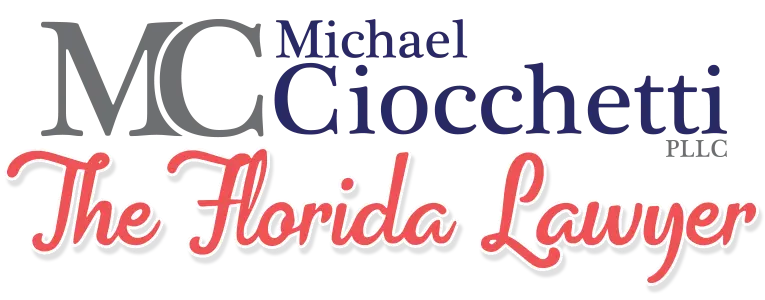Published 9/19/2024
"Protect what matters most..."
Property insurance is a critical safeguard against unexpected losses or damages to your home or business. However, simply having a policy in place may not guarantee full protection unless you understand its coverage limits and exclusions. These aspects of your insurance policy can significantly impact your ability to recover from losses when disaster strikes.

Coverage Limits:
Coverage limits refer to the maximum amount your insurance company will pay for covered losses. It’s crucial to review and understand these limits because they dictate the extent to which you can recover financially after a covered incident. Here are some key points to consider:
#1: Dwelling Coverage:
This typically covers the structure of your home or business premises. Ensure that the coverage limit is sufficient to rebuild or repair your property in case of total loss.
#2: Personal Property Coverage:
This protects your belongings inside the property, such as furniture, electronics, and clothing. Check if there are sub-limits for certain categories of items (e.g., jewelry, artwork) and consider additional coverage if necessary.
#3: Liability Coverage:
This protects you in case someone is injured on your property and decides to sure. Review the liability limits to ensure they are adequate to protect your assets.
#4: Additional Living Expenses:
If your property becomes uninhabitable due to a covered loss, this coverage pays for temporary living expenses. Understand the limits and duration of this coverage.
#5: Other Structures:
If you have structures on your property separate from your main building (e.g. garage, shed), ensure they are adequately covered under your policy.
Exclusions:
Exclusions are specific situations or types of damage that your insurance policy does not cover. While policies vary, common exclusions may include:
- Earthquake and Flood Damage: These often require separate insurance policies or riders because they are not typically covered under standard property insurance.
- Wear and Tear: Damage that occurs gradually over time due to aging or lack of maintenance is generally excluded.
- Intentional Acts: Damage caused intentionally by the policyholder or anyone else covered under the policy is not covered.
- Business Activities: If you operate a business from your home, standard homeowners insurance may not cover business-related liability or property damage.
- High-Value Items: Certain valuable items like antiques, fine art, or jewelry may have limited coverage under standard policies. Consider additional coverage or a separate policy rider for these items.
Understanding these exclusions is crucial to avoid surprises when filing a claim. If you have concerns about specific exclusions, discuss them with your insurance agent to explore options for additional coverage.
Reviewing Your Policy:
Regularly reviewing your property insurance policy ensures that you stay informed about your coverage limits and any changes in exclusions. Factors such as renovations, additions, or changes in property value may necessitate adjustments to your coverage.
- #1: Annual Review: Schedule an annual review of your policy with your insurance agent to ensure it still meets your needs.
- #2: Coverage Updates: Inform your agent of any changes to your property that could affect your coverage requirements.
- #3: Documentation: Keep detailed records of your belongings, including receipts, appraisals, and photos, to facilitate the claims process.
- #4: Policy Clarification: If you’re unsure about any aspect of your policy, don’t hesitate to ask questions and seek clarification from your insurance provider.
By understanding your coverage limits and exclusions, you can make informed decisions about your property insurance and ensure that you have the protection you need when unforeseen events occur. Remember, the goal of insurance is to provide peace of mind and financial security, so take the time to review your policy and make adjustments as necessary.
For personalized guidance on understanding and optimizing your property insurance coverage, consult with a knowledgeable attorney specializing in insurance law. They can provide insights tailored to your specific situation and help you navigate any complex issues that may arise.
At Michael Ciocchetti, PLLC/The Florida Lawyer, we specialize in insurance law and are dedicated to helping our clients protect their homes and businesses. Contact us today for a free consultation to discuss your property insurance needs and how we can assist you in understanding your coverage limits and exclusions.
Protect what matters most with a clear understanding of your property insurance policy. Let us guide you through the complexities so you can face the future with confidence.




